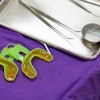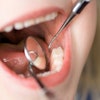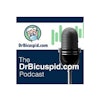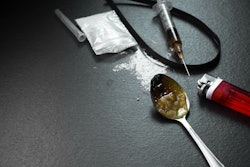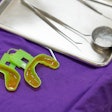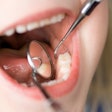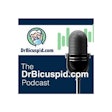Although dentists view screening and counseling for adolescent substance use disorder (SUD) as important, only about a third ask patients about it annually, according to a study recently published in the Journal of Adolescent Health.
It is believed to be the first U.S. study examining dentists’ screening and referral practices for SUD in adolescent patients, the authors wrote.
“This study suggests that though a substantial segment of dentists [are] not currently engaging the practice behaviors, the majority are quite open to screening, counseling and referring for SUD among their adolescent patients,” wrote the authors, led by Jenna L. McCauley, PhD, of the Medical University of South Carolina (J Adolesc Health, September 22, 2025).
The goal of this study was to survey dentists on their knowledge, attitudes, and practices related to screening adolescents for substance use, including tobacco, nicotine, alcohol, cannabis, and illicit drugs. Researchers conducted a cross-sectional, regionally representative electronic survey of 751 practicing dentists in the U.S. National Dental Practice-Based Research Network, they wrote.
The SUDs Screening Survey was used to measure dentists’ opinions and behaviors regarding screening, counseling, and referral for substance use disorders. It also examined barriers and facilitators that affect these practices. Invitations to participate were emailed in August 2023, and the survey closed in October 2023.
Over one-fifth of dentists reported never screening adolescents for risk factors (22.9%), alcohol use (20.5%), cannabis use (24.4%), or illicit drug use (23.8%). Most dentists (72.3%) were not aware of evidence-based screening tools such as the brief screener for alcohol, tobacco, and other drugs. About half said they never counseled adolescents on alcohol (48.5%), cannabis (52.7%), or illicit drug use (55.4%), they wrote.
Furthermore, roughly two-thirds reported never referring adolescents for further management of alcohol (66.2%), cannabis (69.4%), or illicit drug use (68.0%). Dentists identified six main barriers to screening and counseling, including lack of training, doubts about responsibility, concerns about patient honesty, lack of time, the belief that adolescents are too young, and potential negative impacts on practice.
The study had limitations. Though the responses were anonymous, self-reports may still have been influenced by demand characteristics and social desirability, the authors added.
“Results of this study provide important insight into current practices, as well as critical guidance regarding barriers and facilitators of enhanced uptake in dental practices,” they wrote.

